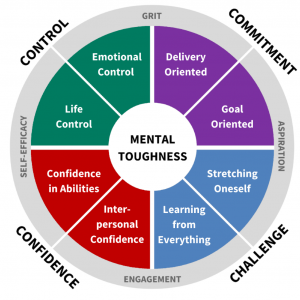Often raised as an issue in the workplace and often associated with workload or pressure, tiredness or fatigue is one of the most common complaints that Doctors come across in the surgeries.
According to the Royal College of Psychiatrists, at any given time, one in five people feels unusually tired, and one in 10 have prolonged fatigue. Women apparently tend to feel tired more often than men.
The NHS Choices website talks about three causes of Tiredness.
Physical causes of tiredness. There are many health complaints which can cause tiredness including being overweight or even underweight.
Lifestyle causes of tiredness. Tiredness can often be attributed to lifestyle factors, such as drinking too much alcohol, or having a bad diet or having disturbed sleep patterns
Psychological causes of tiredness. Psychological tiredness is possibly the most common form of tiredness. A significant reason is Anxiety or possibly more accurately not being able to manage anxiety. People do worry about jobs, money, relationships, setbacks and even positive events such as getting married, etc
Research carried out in occupational settings by Dr Fiona Earle of Hull University and using the Mental Toughness Questionnaire, MTQ48, has shed some interesting light on how individuals respond to the stressors and pressure which often result in tiredness.
She found that generally the those who are Mentally Tough are less likely to experience fatigue when working hard and seem to deal better with heavy workloads.
It’s when we look at the 4Cs the constructs which make up Mental Toughness concept that we gain some valuable insights.

The Challenge and Control scales are significant. Higher scores on the Challenge scale seems to make people impervious to fatigue. A sense of Control of course is a well known moderator (Kasarek)
When we look at Confidence a more complex relationship emerges – Confident people can overestimate their ability to deal with heavy workloads whereas low Confidence individuals might shy away from heavy workloads and, as a result, experience less fatigue – but they may remain prone to anxiety which might still mean that they do experience tiredness.
The relationship with Commitment is particularly interesting – high commitment individuals can over-ride the warning signs of tiredness. Perhaps indicating a potential development issue for the mentally tough as well as the mentally sensitive..
This is a brief insight into the application of mental toughness in life and in the workplace and its value in helping individuals understand their responses to life and work better.
For more information about Mental Toughness including training to use the MTQ48 measure, contact headoffice@aqr.co.uk
Doug Strycharczyk,
CEO, AQR International


